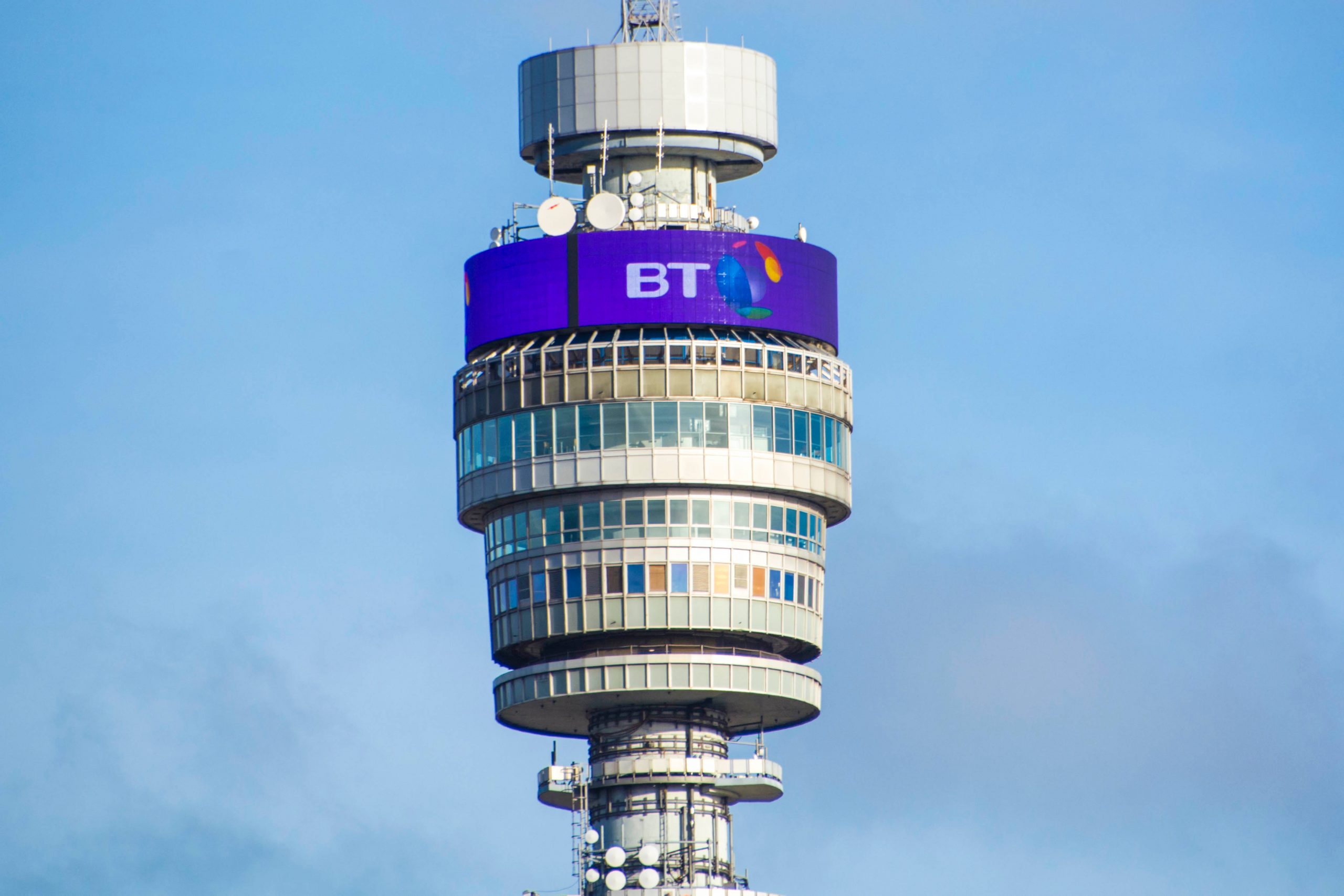The Headline
AI's impact on jobs and BT Group's warning
Key Facts
- Nvidia CEO Jensen Huang acknowledges that some jobs will become obsolete due to AI but emphasizes that many new jobs will be created as productivity increases, leading companies to hire more people.

- OpenAI CEO Sam Altman warns that whole classes of jobs could disappear as AI technology advances.

- Anthropic CEO Dario Amodei predicts AI could eliminate up to 50% of entry-level white-collar jobs and potentially push unemployment to 20% within five years.

- BT Group, a UK telecom firm, has issued a warningtrigger more job cuts in the telecom sector.
1 Malaysia # of deals in past 12 months: 5 Latest deals: , , , , Gobi Partners is the most interconnected Pan-Asian venture capital firm with US$1.5 billion in assets under management (AUM). Headquartered in Kuala Lumpur and Hong Kong, the firm supports entrepre...
Tech in Asia
1
Anthropic CEO Dario Amodei has warned that up to 50% of all entry-level white-collar jobs could be eliminated by AI.
Indianexpress
Key Stats at a Glance
Predicted elimination of entry-level white-collar jobs
50%

